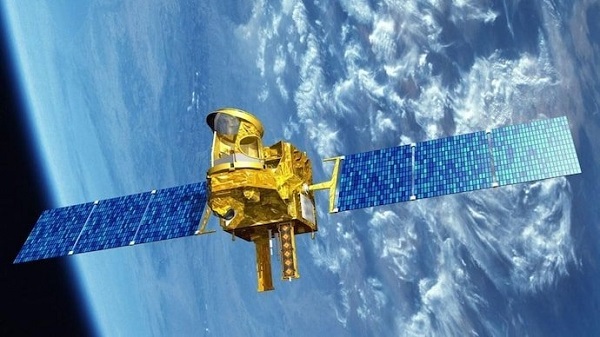London, (Samajweekly) Increasing light pollution, produced by low Earth orbit (LEO) satellites, like Elon Musk’s Starlink, is affecting astronomers who need unfettered access to dark night skies for their observations, scientists have argued.
If not forced, “the skyrocketing space economy will not limit itself, to counter the new environmental and security issues raised by the new mega-constellations of satellites”, the scientists wrote in a Comment published in the journal Nature Astronomy.
To tackle the rising issue of the light reflected toward the night hemisphere by these satellites, the scientific community currently works by lowering their brightness, by closing the shutters of telescopes’ instruments when they are in the field of view, by pointing telescopes where there are no satellites, trying to skip them.
While “this might mitigate some of the problems, it will not solve them, nor solve all the related problems”, said scientists including Fabio Falchi, from University of Santiago de Compostela in Spain.
Orbital traffic concerns, atmospheric pollution from debris, and from rocket exhaust gases are other problems that will remain unresolved.
“The loss of the natural aspect of a pristine night sky for all the world, is an unprecedented global threat to nature and cultural heritage,” the scientists said.
“If matters continue, dozens, hundreds, thousands of satellites will be seen crossing the skies at a given moment and no human being will be able to admire the night sky as it was always possible to do.
“If not stopped, this craziness will become worse and worse,” they wrote in the paper.
More than 3,000 of the 5,000 active satellites orbiting Earth belong to Musk’s SpaceX, including its Starlink fleet. Another 12,000 Starlink launches have been approved, and SpaceX wants a further 30,000 second-generation satellites on top of that, covering the entire globe.
Similarly, China and Russia also have shown aspirations for world satellite dominance.
“In a couple of generations there will be no one left alive who remembers the night sky before these satellites,” Flinders University space archaeologist Alice Gorman was quoted as saying by the Guardian.
According to Karlie Noon, an astronomer at the Australian National University, light pollution is rapidly becoming a threat to observations that depend on extremely expensive machinery.
“We’re taking pictures of the sky, and when we do that we can capture the satellites going through our field of view. When that happens we essentially have to delete that image and hope we have some time period or other channel to capture that information,” she was quoted as saying.
The scientist community called to stop and regulate the “unprecedented escalation” of LEO mega-constellations. They have asked countries to take decided action, particularly those who bear a larger share of responsibility in the present process of deterioration of the global night sky.
“Immediate steps may include reinforcing public appeals for tightening the criteria for authorising massive satellite launches (for example, US FCC/FAA regulations), subjecting this kind of activity to rigorous environmental impact assessment, and repealing regulations that hinder preserving our global commons,a the scientist suggested.








